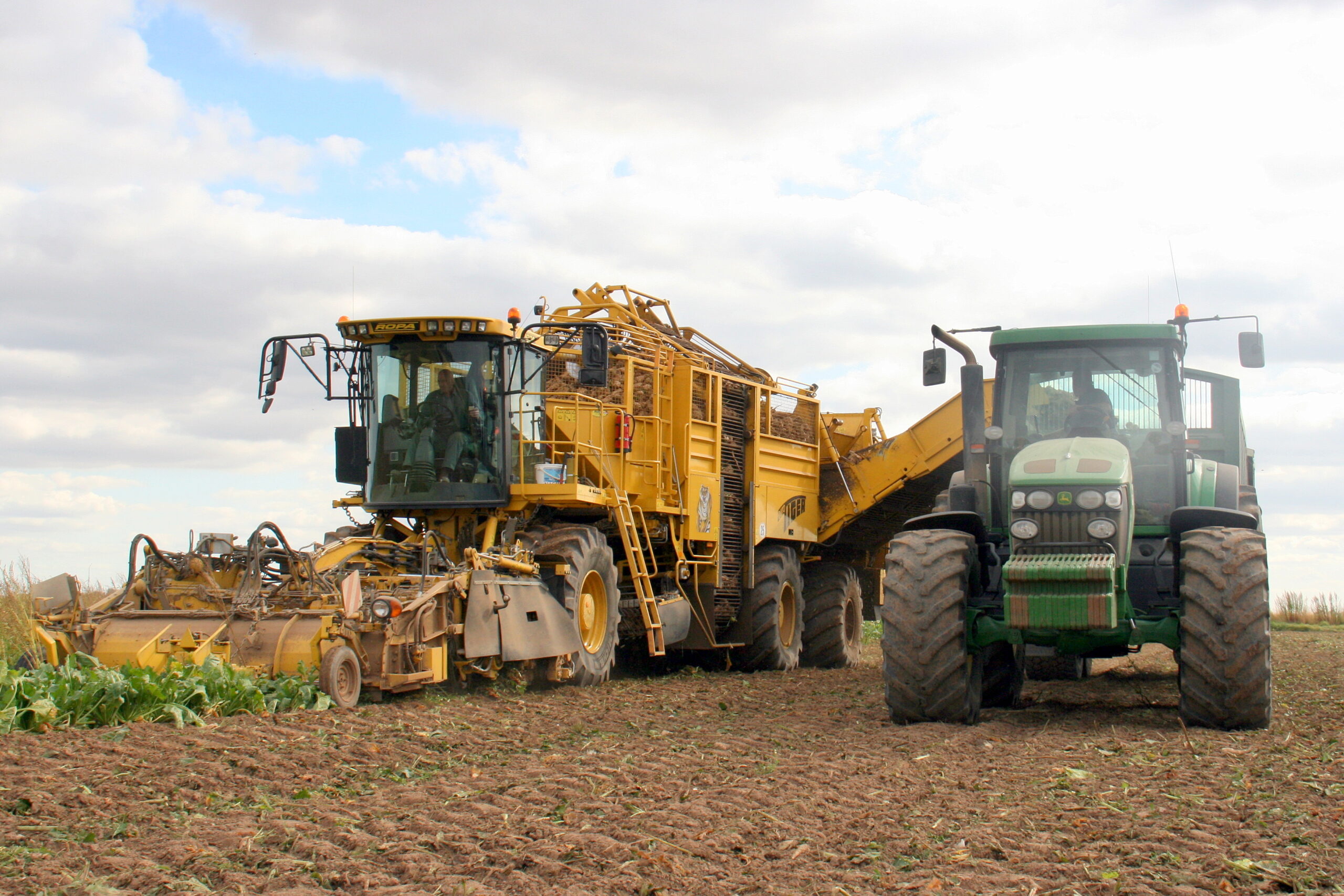Andersons have updated their Loam Farm arable model for this year’s Cereals Event. The table below summarises the results from the 2015 and 2016 harvests, plus a budget for the upcoming 2017 crop and a forecast for 2018. The results show the profitability prospects for combinable cropping are far better than they were twelve months ago. But this is almost entirely due to the weakening of the Pound following the Brexit vote last June. This may just turn out to be a short-term boost and farmers would be prudent to use the next two harvests to ensure their businesses are ready for the post-Brexit world.
Loam Farm is a notional business, located in East Anglia, which has been running since 1991 and tracks the fortunes of arable farming. It comprises a 600 hectare (1,480 acre) combinable crop farm running a simple rotation of milling wheat, WOSR, feed wheat, and spring beans. Of the cropped area, 240 Ha are owned and 360 Ha rented on FBTs. There is a working proprietor plus one full-time man and harvest casual.
| LOAM FARM MODEL – Source: The Andersons Centre |
| £ per Hectare |
Harvest 2015 (Result)
|
Harvest 2016 (Result)
|
Harvest 2017 (Budget)
|
Harvest 2018 (Forecast)
|
| Output |
1,048
|
1,061
|
1,167
|
1,178
|
| Variable Costs |
431
|
421
|
395
|
403
|
| Gross Margin |
617
|
640
|
772
|
775
|
| Overheads |
404
|
394
|
414
|
414
|
| Rent and Finance |
243
|
242
|
243
|
243
|
| Drawings |
75
|
77
|
77
|
77
|
| Margin from Production |
(105)
|
(73)
|
38
|
41
|
| BPS |
179
|
213
|
213
|
208
|
| Business Surplus |
74
|
140
|
251
|
249
|
The 2015 harvest was marked by record yields which offset the poor prices to a small extent. Evens so, the overall result for 2015 was a loss before the Basic Payment.
The 2016 harvest produced lower physical yields than the previous year. However, average prices received were higher. This was despite some grain being sold forward before the Brexit-induced price lift. Costs fell for the year due to lower fertiliser and fuel prices. But it still took the Basic Payment, which was significantly improved due to weaker Sterling, to bring the business back into profit.
Yields are assumed to be more ‘normal’ for harvest 2017. There may be some downwards adjustment once the harvest results are in, especially with the spring crops. Price prospects look reasonable for the coming harvest so output is estimated to rise once more. It then remains at similar levels for the 2018 budget as there seems little on the immediate horizon that looks set to radically shift UK grain values.
There are some more variable cost savings for harvest 2017 largely due to cheaper fertiliser. Overheads have remained relatively static during the period apart from 2016 when cheaper fuel reduced costs. The BPS is assumed to remain at (improved) 2016 levels for 2017 due to the weakness of Sterling. It drops slightly for 2018 as there is a possibility of a higher % of ‘Pillar Transfer’ to the Rural Development budget.
The table shows Loam Farm is budgeted to return to making a profit from production over the next two years. The process of Brexit is full of uncertainty, but tougher times could well lie ahead. Farm businesses need to ‘fix the roof whilst the sun is shining’.
Loam Farm illustrates trends in arable returns but every farm is different and there is a vast range in business performance; driven largely by the quality of management. The better returns generally seen in the sector may be masking underlying issues on many arable farms. Often these revolve around a high cost base and disappointing yields.
